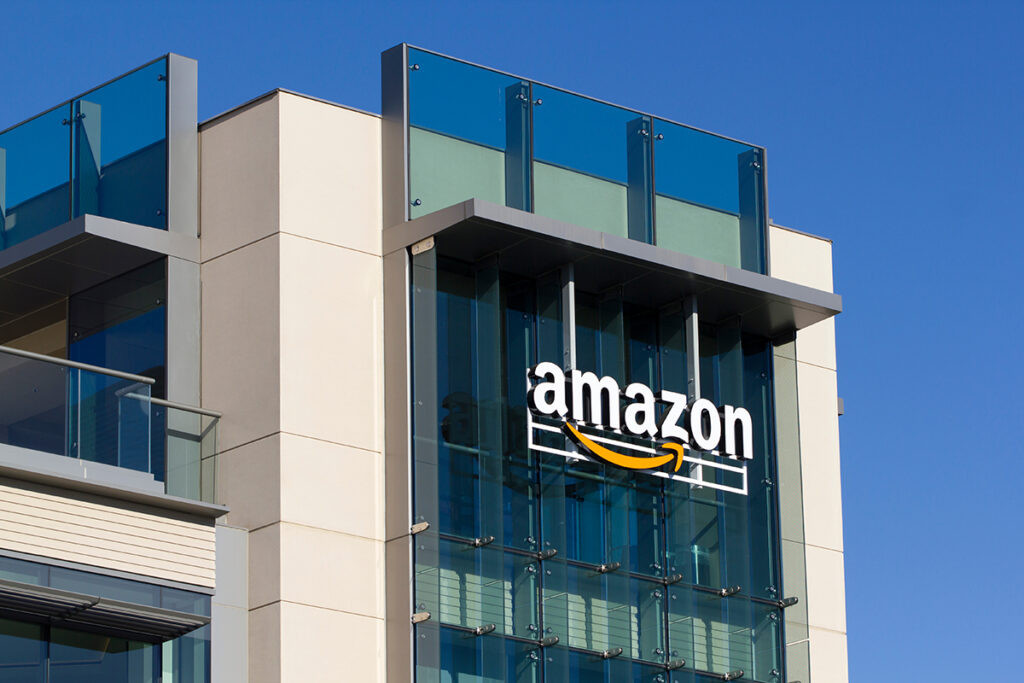In a landmark decision, the French Data Protection Authority (CNIL) has imposed a €32 million fine on Amazon France Logistique, the local operator of Amazon’s warehouses, for what is deemed an “excessively intrusive” surveillance system used to monitor warehouse workers. This significant penalty underlines growing concerns about workplace privacy and the balance between efficiency and employee rights in the digital age.
The CNIL’s investigation into Amazon’s practices revealed a sophisticated surveillance system where workers were equipped with scanners. These devices meticulously tracked the duration of workers’ inactivity and their speed in executing tasks such as retrieving or shelving items. The authority highlighted that the system’s precision in measuring work interruptions was a major concern, as it potentially obligated employees to justify every break or interruption in their work.
In response to these findings, Amazon has expressed disagreement with the CNIL’s conclusions but indicated its willingness to comply with regulatory requirements. Despite noting its reservations, the company has acknowledged the importance of adhering to industry standards that ensure the safety, quality, and efficiency of operations.
One of the critical aspects of the surveillance involved the timing between scans. The scanners checked if an item was scanned within 1.25 seconds following the previous item, a measure Amazon initially argued was necessary to minimize the risk of errors. However, in light of CNIL’s concerns, Amazon has decided to deactivate the collection of this data.
Another point of contention was the definition of ‘idle time.’ Workers were previously labeled idle if their scanners were inactive for at least 10 minutes. This threshold has now been extended to 30 minutes following the CNIL’s intervention. Furthermore, the system also flagged interruptions in scanning activity that lasted between one and ten minutes.
The CNIL condemned these surveillance practices, emphasizing the undue pressure they placed on employees. The continuous monitoring for all tasks involving scanners not only strained workers but also provided Amazon with an unfair advantage in the highly competitive online sales market.
Moreover, the CNIL’s probe discovered that Amazon kept data on staff performance for 31 days, a duration the authority criticized as excessive. This practice, alongside others, led to the conclusion that Amazon France Logistique had breached several elements of the European Union’s data protection law.
This fine in France resonates with broader global concerns about Amazon’s labor practices. In the United States, the company has long been scrutinized for the demanding conditions within its warehouses, including stringent surveillance and challenging work hours.
This case with Amazon France Logistique represents a significant moment in the ongoing discourse about digital privacy, workers’ rights, and the ethics of workplace surveillance. It underscores the need for corporations to balance operational efficiency with the respect for individual privacy and dignity in the workplace.


